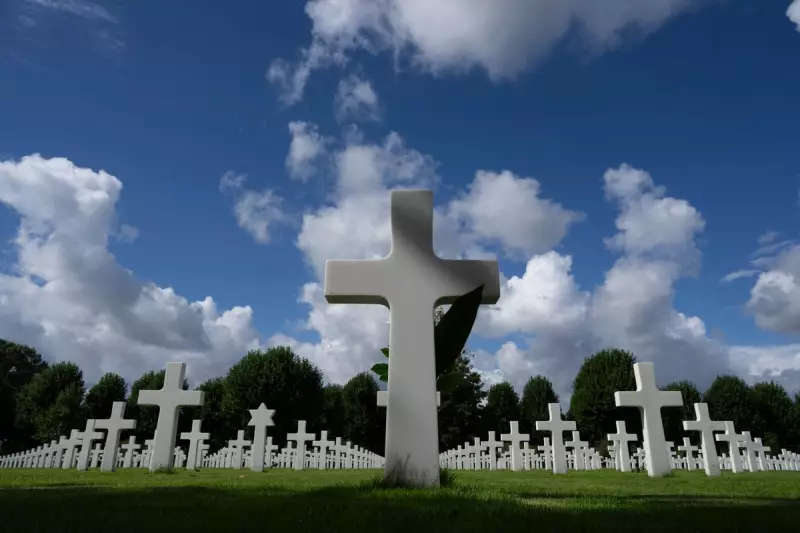
An American World War II cemetery in the Netherlands has sparked international concern after removing informational panels that detailed the experiences of the 174 Black soldiers buried there.
The Removal and Its Immediate Aftermath
The Netherlands American Cemetery in Margraten, which is the final resting place for 8,301 American soldiers, removed the two panels following what the American Battle Monuments Commission (ABMC) described as "an internal review of interpretive content." The panels, installed in 2023 as part of a new visitor centre, specifically honoured Black American troops who were "fighting on two fronts"—against the Nazis in Europe and against segregation and racism at home in the United States.
One of the displays featured powerful commentary from Jefferson Wiggins, a WWII soldier who helped bury the fallen at the site. The decision has drawn sharp criticism, prompting the provincial government of Limburg to announce an "urgent appeal" to the commission and the U.S. ambassador to reinstate the panels.
A Wider Pattern of Cultural Review
Further context for the removal was provided by the commission's previous secretary, Charles Djou, a Biden appointee. He stated to CNN that the panels were taken down "via an internal agency review at the prompting of the Trump administration." This action appears to be part of a broader initiative led by Defence Secretary Pete Hegseth to scrutinise and remove materials that conflict with the administration's stance on diversity and inclusion.
This cultural purge has had wide-ranging effects. The Associated Press gained access to a database revealing that over 26,000 military images were flagged for removal online. Absurdly, this included references to the Enola Gay bomber and photos from a dredging project because an engineer had the surname 'Gay'.
In a separate but related incident, the U.S. Air Force temporarily removed training courses featuring the famed Tuskegee Airmen, an all-Black aerial unit, before reversing the decision after the White House labelled it "malicious compliance." Books on race and gender have also been removed from libraries on military bases, with a federal judge later ordering their return.
Frustration and the 'Virus' of Censorship
The removal has deeply upset relatives of the soldiers interred at the Margraten cemetery. Raphael Morris, the nephew of WWII soldier Julius Morris, expressed his dismay. "It upsets me," he said. "I guess I didn’t realise that the cemetery there in Margraten could possibly be affected by the same virus that’s affecting the United States right now, with this current administration."
This sentiment was echoed by Bas Albersen, a spokesperson for the governor of Limburg, who emphasised the panels' importance. "The displayed panels represented a history that we can never forget and from which we can learn," he stated. "They fought for a freedom that they did not have themselves." The ABMC has noted that four other displays highlighting individual Black servicemembers remain at the visitor centre, but for many, this does not mitigate the erasure of the specific narrative of systemic discrimination.





